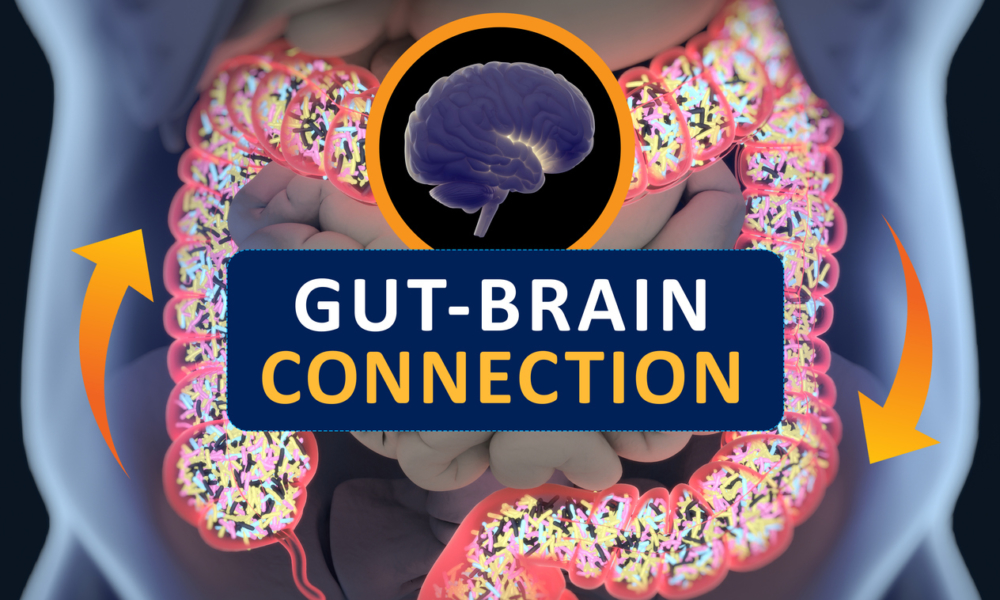
I Can Feel It In My Gut: Microbiome and Gut Health
The gut microbiome refers to the vast community of microorganisms in the human gastrointestinal tract, including bacteria, viruses, fungi, and other microbes. These microscopic inhabitants are critical in digestion, nutrient absorption, and immune system function.
Research has shown that a balanced gut microbiome is essential for overall health, whereas imbalances are linked to various conditions, including digestive disorders, obesity, and mental health issues. Factors such as diet, lifestyle, and antibiotic use influence the diversity and composition of the gut microbiome.
Understanding the Gut Microbiome
The gut microbiome plays a pivotal role in the digestion of food and absorption of nutrients, which are fundamental processes for human health. Microorganisms in the gut break down complex carbohydrates, fibres, and proteins that human enzymes cannot digest efficiently.
This process helps extract energy from our diet and produces short-chain fatty acids (SCFAs) like butyrate, propionate, and acetate, which serve as essential energy sources for our gut cells. These SCFAs also play a role in maintaining the health of the colon and regulating metabolism and inflammation.
The gut microbiome synthesizes vitamins B and K, which are crucial for blood coagulation and metabolic processes. A balanced gut microbiome supports overall health and can prevent various nutritional deficiencies and diseases by optimizing food digestion and enhancing nutrient absorption.
The Gut-Brain Axis and Its Implications for Health
The gut-brain axis represents the bidirectional communication network between the central and enteric nervous systems, linking the emotional and cognitive centers of the brain with peripheral intestinal functions. This intricate system ensures the proper maintenance of gastrointestinal homeostasis and influences stress levels and emotional states. Emerging research highlights the gut microbiome's significant role in this communication pathway, suggesting that the gut's types and abundance of microorganisms can affect behavior and mood.
Mental
One of the most fascinating aspects of the gut-brain axis is its connection to mental health. Studies have found links between the composition of the gut microbiome and various psychological conditions, such as anxiety, depression, and even neurodevelopmental disorders, including autism. This is partly because a large proportion of the body's serotonin, a neurotransmitter critical for mood regulation, is produced in the gut. Disruptions in the gut microbiome might alter serotonin production, impacting emotional well-being.
This connection, often called the "microbiota-gut-brain axis," involves complex communication networks that include neural, hormonal, and immunological pathways. For instance, certain gut microbes can produce neurotransmitters, like serotonin and gamma-aminobutyric acid (GABA), which have direct effects on mood and anxiety levels.
Research demonstrates that the gut microbiome can influence brain function and behavior, playing a crucial role in the development and management of mental health issues, including anxiety, depression, and stress-related disorders.
Stress
The gut-brain axis also plays a pivotal role in stress response. Stress can affect the composition and diversity of the gut microbiota, and conversely, certain strains of gut bacteria can influence the body's response to stress. This bidirectional relationship underscores the potential of probiotics and prebiotics as therapeutic strategies for managing stress and preventing stress-related disorders.
Physical
Understanding the gut-brain axis opens up new avenues for treating and preventing various health issues. By nurturing a healthy gut microbiome through diet, lifestyle, and potentially probiotics, it may be possible to positively influence brain health and emotional well-being, demonstrating once again the profound interconnectedness of the human body.
The microbiome is a defense mechanism against pathogenic invasion, directly influencing the body's immune response. The beneficial bacteria in the gut can stimulate the immune system by enhancing the production of antibodies, which is critical in identifying and neutralizing potentially harmful pathogens. This intricate interaction underscores the importance of a balanced gut microbiome in maintaining immune health and preventing various immune-related diseases.
Modulating the Microbiome
The concept of modulating the gut microbiome is a pioneering approach to enhancing health and treating various disorders. Each method aims to restore or maintain the equilibrium of the gut's microbial community, thereby improving the host's overall health.
Dietary changes, such as increasing fiber intake or adopting a Mediterranean diet, can promote the growth of beneficial bacteria.
Probiotics, live bacteria found in certain foods and supplements, offer a direct method of introducing health-promoting microbes into the gut.
Prebiotics, conversely, serve as food for those beneficial bacteria, helping to stimulate their growth.
Fecal Microbiota Transplantation-FMT, a more direct and sometimes controversial method, involves transferring fecal bacteria from a healthy donor to a patient, has shown promise in treating conditions like Clostridioides difficile infection and IBD.
Collectively, these approaches highlight the importance of the gut microbiome's health, not just for the digestive system but for overall well-being, pointing to a future where modulating the microbiome is a key aspect of medical practice and personal health management.
We at North Carolina Digestive Health Partners encourage you to contact us and schedule an appointment. Let’s work together to create a healthy gut-brain axis.